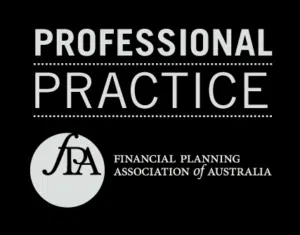24 March 2023
Mastering the art of discretionary and non-discretionary spending for business owners

Managing your discretionary and non-discretionary spending is crucial to achieving financial stability. Non-discretionary spending refers to the expenses that are necessary and cannot be easily eliminated or reduced. Discretionary spending is the expenses that are optional and can be reduced without affecting your basic needs.
Tips to help you manage your spending more effectively:
> Create a budget: no surprises? This will help you identify how much you need for necessary expenses and what is available for discretionary expenses. You can regularly review and update your budget to ensure you are staying on track.
> Prioritise non-discretionary spending: this should be your top priority when managing your finances. Theses expenses are necessary to keep your business running and this will help you ensure you have enough funds set aside to cover these expenses.
> Can you reduce non-discretionary spending?: although you cannot eliminate, is there an opportunity to reduce? For example negotiating better rates with suppliers, reducing energy consumption, streamline operations to reduce wages.
> Mindfulness and discretionary spending: discretionary spending can quickly spiral out of control if you are not careful. Ask yourself ‘is this essential and can our business afford it?”
> Plan for the unexpected: even with the best plans, unexpected expenses can still happen – we get it! By planning this may help you avoid dipping into your discretionary spending funds and ensure you have enough funds to cover unexpected expenses.
> Monitor your spending: this will help you keep your budget on track and identify any areas where you are overspending or where you can make cuts. Ask you accountant to help you keep on track or identify areas for improvement.
Let’s chat about how confident you feel about your financial well-being to ensure you are effectively managing your finances and your business is profitable.
All information provided is for informational and general purposes only, and shall not be relied upon as personal financial advice.

















